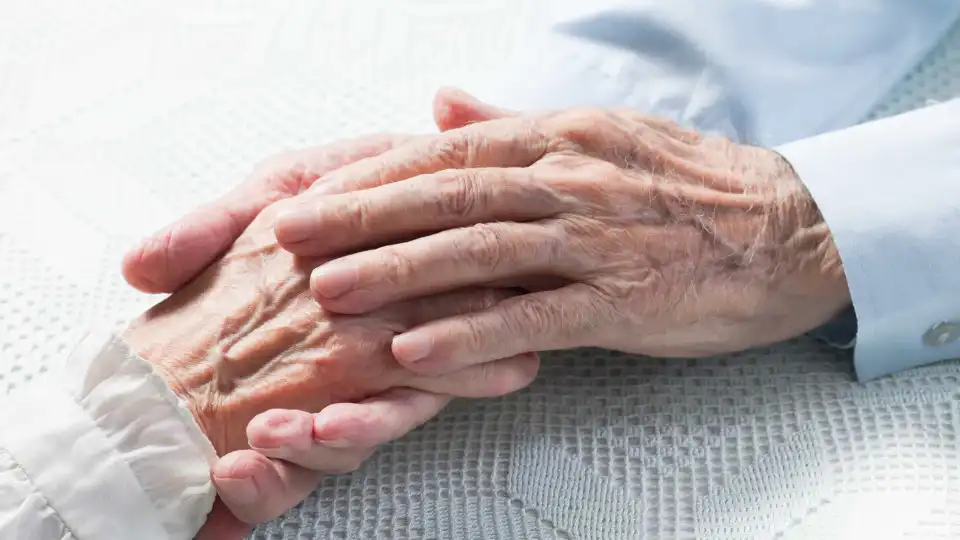Elderly violence in urban areas higher than in rural areas
The percentage of reports of cases of violence against the elderly is higher in urban areas than in rural areas, revealed today the Bissaya Barreto Foundation, of Coimbra, following a study carried out.

© Shutterstock

País Idosos
A portrait of the phenomenon of violence against the elderly was presented by the SOS Elderly Person Service, of the Bissaya Barreto Foundation, which analyzed the approximately 2,000 cases received in 10 years of existence.
Although most cases come from urban areas (64%), the person in charge of the Line, Marta Ferreira, quoted in a note released by the Foundation, stated that "an increase in situations from rural areas was felt over the years, now reaching 21% in villages and 15% in areas such as towns that were categorized as moderately urban".
The person in charge explained that "in areas with higher population density there is a tendency to have more situations and greater ease in reporting, since there are more young people, with more aptitude to access information and reporting means".
The victims are mostly women (63%), widows (58%), living alone (38%) or with family members other than their spouse (30%), the Foundation reported.
Regarding the districts, Lisbon had the highest number of complaints, with 27%, followed by Setúbal (13%), Porto (12%) and Coimbra (10%).
More than half of the sample is a victim of psychological violence (55%), which appears, "frequently", combined with other forms of mistreatment.
Negligence, which is evident in 41% of the situations, is based, fundamentally, on the intentional omission of care.
However, cases of negligence resulting from lack of knowledge or resources on the part of caregivers were also received.
"Within this typology is self-negligence, affecting 12% of the elderly, which arises when, due to disposition or mental illness, the person refuses to take care of themselves or accept support, compromising their health, safety and, ultimately, their survival".
Marta Ferreira revealed that "serious difficulties are encountered here in the operationalization of aid", highlighting that "families are already exhausted, professionals are unable to act, which leads to a slow and late success in most of the interventions that accompany them".
Financial violence was exercised in 28% of the cases, followed by physical violence (20%) and abandonment (11%).
In 08% of the situations there was institutional violence and "adequate care was not provided to the users of the response", and "this type of violence occurred, mainly, in structures lacking licensing and, consequently, supervision".
According to the Foundation, about 30% of people experience financial difficulties, not having enough income to meet expenses and to suppress needs.
"About 70% of the victims are physically dependent or semi-dependent on third-party care for carrying out daily life activities, 24% show signs or a diagnosis of dementia and 22% suffer from mental illness".
The Foundation clarified that those reported are mostly children, 50%, between 50 and 59 years old, living with the victim (47%).
"In 58% of the cases, anonymity was requested by the complainants, who are mostly women (67%) from the nearby community (34%)", but "many do not report for fear of retaliation".
Created in May 2014, the SOS Elderly Person Service of the Bissaya Barreto Foundation "appeals for reporting through the national and free Line (800 102 100), or by e-mail (sospessoaidosa@fbb.pt)", and for articulation between government, institutions, communities and individuals, to strengthen support networks.
"The Service, which guarantees the anonymity of the people who appeal, also includes a direct and personalized service and a family mediation service".
Read Also: Changes to the solidarity supplement for the elderly come into effect next week (Portuguese version)


Descarregue a nossa App gratuita.
Oitavo ano consecutivo Escolha do Consumidor para Imprensa Online e eleito o produto do ano 2024.
* Estudo da e Netsonda, nov. e dez. 2023 produtodoano- pt.com



